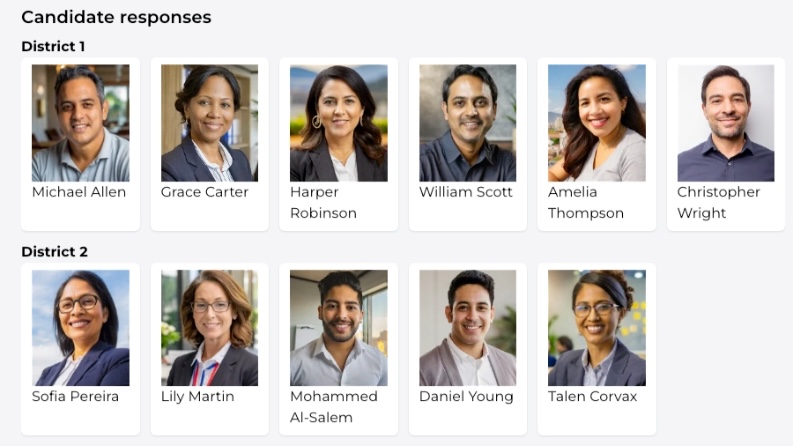Pubmedia consortia win MacArthur grants for diversity in documentaries
The MacArthur Foundation awarded $5.7 million in grants to organizations that support diversity in documentary filmmaking, including three in public media.
The grants will launch new initiatives at the National Black Programming Consortium and Latino Public Broadcasting and back ongoing work at the Center for Asian American Media, MacArthur announced Tuesday.
The foundation intends the support to “deepen the pool of people who tell the nation’s stories through documentary, including new media storytelling platforms, formats, and technologies,” said Kathy Im, director of journalism and media at MacArthur.
The National Black Programming Consortium receives $750,000 to launch a new initiative, WOKE! Broadening Access to Black Public Media. The consortium said in a statement that is “aimed at helping storytellers of color working in nonfiction and emerging media.”
WOKE! projects include a Black Media Summit convening creative talents and thought leaders from fields of social justice, immigration and education. They will discuss stories best suited for new technologies and platforms such as virtual reality, gaming, digital and mobile media.
The grant to NBPC also supports its ongoing 360 Incubator + Fund that nurtures young talent of color for public media.
Filmmakers who participated in 360 Incubators’ 2016 inaugural program continue to work within public broadcasting, said Kay Shaw, NBPC director of programs and acquisitions. One project, My Africa Is, aired on the World Channel’s AfroPoP series. The web series POPS received funding from ITVS. Another project is in post-production and “soon to be shopped,” she said.
“The MacArthur Foundation grant will make it possible to bring forth a broader range of stories and voices on the black experience across platforms using a wider range of technologies,” Shaw said.
The MacArthur grant “is further confirmation that diverse perspectives must be part of today and tomorrow’s ever-evolving media landscape,” said NBPC Executive Director Leslie Fields-Cruz in a statement.
Latino Public Broadcasting receives $450,000 to launch a Current Issues Content Fund, helping Latino filmmakers produce media about timely events as they occur.
MacArthur also awarded $600,000 to the Center for Asian American Media’s CAAM Future Fund, which provides development, production and outreach grants to Asian American directors and producers. The fund is also developing an Asian American filmmaker network to provide mentoring and professional development opportunities for emerging filmmakers.
The other grantees:
- The Sundance Institute, $1.25 million for its Documentary Fund and programs such as New Frontier, which backs experiments with new mediums for storytelling, and its support for Native American filmmakers;
- The Bay Area Video Coalition, $900,000 for its National MediaMaker Fellowship, a 10-month program for diverse filmmakers working on social issues and news projects;
- The Southern Documentary Fund, $900,000 to expand its documentary programs and launch a new fund supporting filmmakers who work and live in the American South; and
- Working Films, $900,000 for Docs In Action, a new initiative funding and distributing short films that explore issues of social and environmental justice.







As I prepare to launch my new regular online show about health issues related to lifestyle and society, it is great to learn that there is a National Black Programming Consortium that is planning something called WOKE to include a Black Media Summit. The new Media Democracy network is to be called Mobilized.News through which I plan to continue my crusade to stop police impulse killings by ending media implanted bias in news reporting. Hear me interviewed on this topic at http://mobilized.news/index.php/2017/07/14/overcoming-potentially-lethal-racial-and-cultural-stereotypes-dr-dale-b-taylor/. My statements and position paper are presented from a neuroscience perspective.